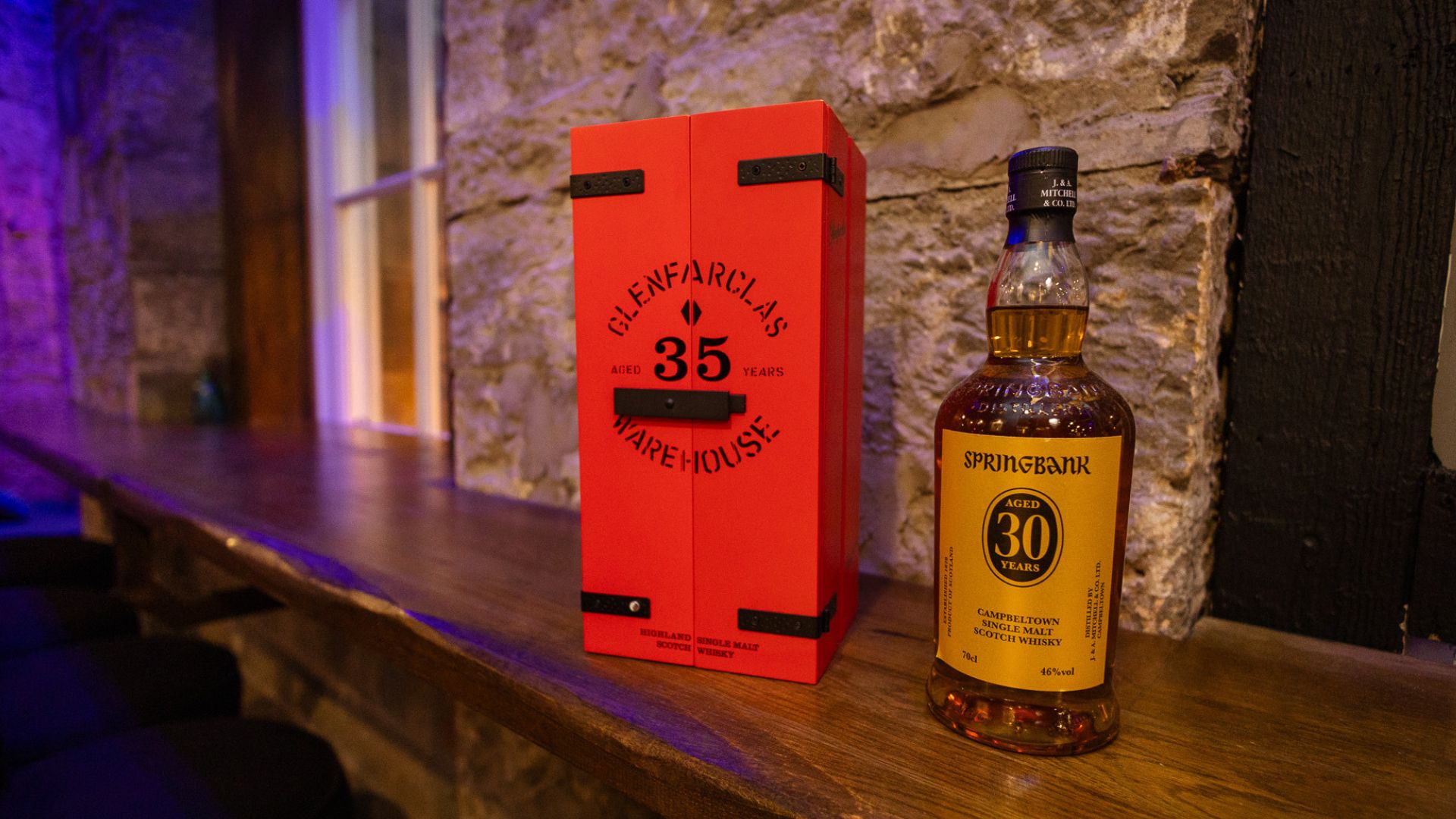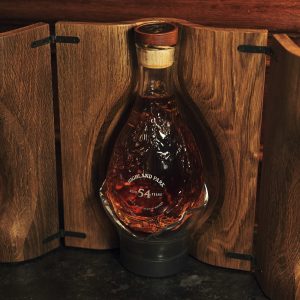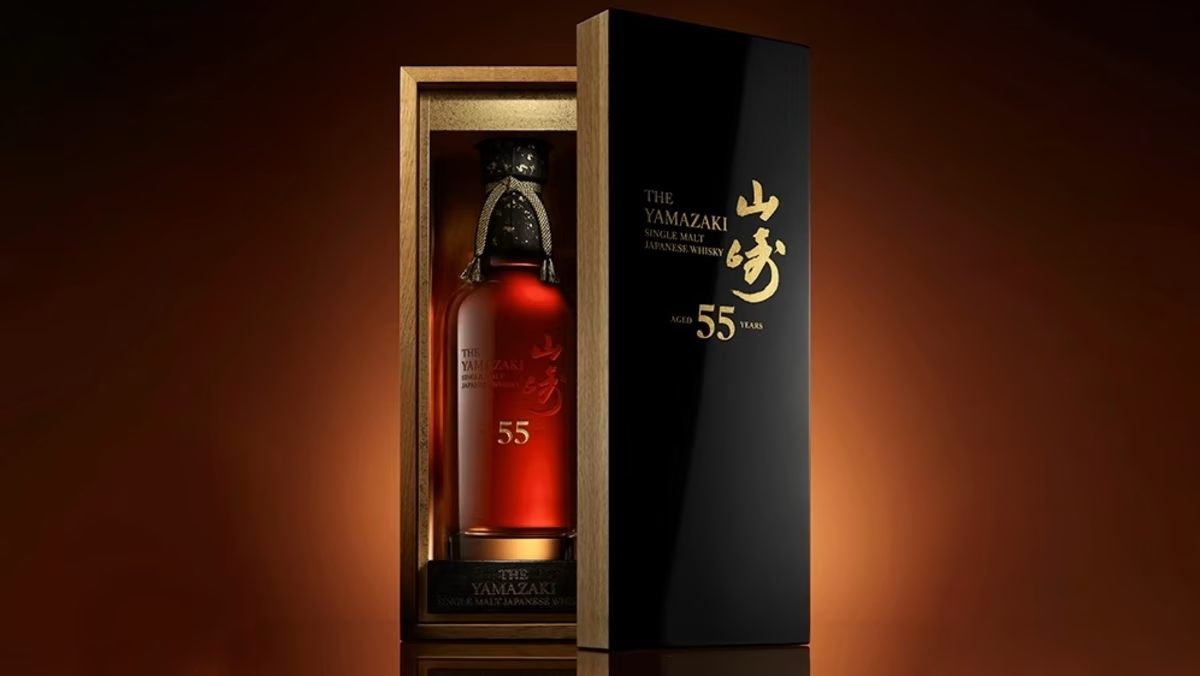Whisky for Investment: Diversifying Your Portfolio



Whisky, once the staple drink of the working class, has transcended its humble beginnings to become a defining beverage of sophistication and luxury. The spirit has also gained recognition as an unconventional yet potentially lucrative asset for investment. The whisky market’s spectacular growth, combined with the mystique of the craft and the thrill of connoisseurship, has drawn a diverse range of investors, from seasoned collectors to those simply drawn to its allure. This will hopefully initiate you into the world of whisky investment and illuminate the factors that can turn a bottle of whisky into an enduring investment.
Globally, the whisky market is a dynamic environment influenced by a myriad of internal and external factors. With a rich heritage and strong cultural significance, whisky is deeply embedded in the traditions of several nations, most notably Scotland, Japan, and the United States. The last two decades have witnessed a surge in demand, with annual volumes of rare whisky at auctions rising to unprecedented levels.
This boom is thanks to the emerging markets in Asia, especially China, where growing wealth is creating a middle class that’s super keen on the luxury and exclusivity a fine bottle of whisky brings. While the classic markets are still doing great, new places are opening up exciting opportunities for innovation and helping whisky lovers around the world appreciate this spirit even more.
For a novice investor looking to carve out a niche in the spirits investment world, whisky may seem an unusual choice. However, its unique appeal — a product of craftsmanship, scarcity, and a rich history — lends itself well to the investment portfolio.
When considering whisky for investment, the focus often falls on high-quality, limited edition, or rare bottlings from renowned distilleries. Single malt Scotch and Japanese whiskies, in particular, have proven track records for holding and increasing in value. These whiskies are often characterized by their exclusivity, provenance, and the reputation of the distillery.

Building a whisky collection with the intention of it being an investment requires a strategic approach. It’s essential to research the market continuously, identify potential growth areas, and understand the different grains, regions, and brands that collectors covet. A well-kept collection with attention to sourcing and storage can appreciate significantly over time, much like a fine wine collection.
The value of a whisky investment can be a fickle mistress, subject to a range of influences that go beyond the initial purchase price. It’s important to recognize the intrinsic and extrinsic qualities that contribute to a whisky’s desirability and, ultimately, its value in the market.
Several key factors can affect a whisky’s value over time, including rarity, age, and condition. Limited releases or bottlings from closed distilleries, often accompanied by age statements, tend to command higher prices.
In addition, the condition of the bottle and its packaging, as well as the fill level of the whisky, can significantly impact its value. A pristine bottle in its original packaging with a high fill level will naturally fetch more at auction or on the secondary market than a damaged, open, or half-empty one.
Before making a purchase, it’s crucial to thoroughly research and assess the investment potential of a whisky bottle. Look for reputable auctions, valuations, and investment advice. Consider not only the bottle’s history and rarity but also the current market demand and future trends. Joining communities of collectors and investors can offer valuable insights and networking opportunities for both buying and selling.

Investing in whisky, like any venture, is not without its challenges and risks. Understanding these pitfalls is essential to making informed investment decisions and mitigating potential losses.
The rising value of rare whiskies has attracted the attention of counterfeiters. Investors must be vigilant and knowledgeable about the signs of counterfeit products. Investing in a verifiable provenance, conducting thorough due diligence, and working with reputable sellers and auction houses are crucial steps in safeguarding your investment.
How you approach your whisky investment will significantly impact the outcome. Whether you’re a patient investor with a long-term view or a more active participant in the market, there are strategies to maximize your investment potential.
A long-term investment approach in whisky can be more prudent, mirroring the time it takes for a bottle’s value to appreciate fully. Short-term speculation should be approached cautiously, as the market can be fickle and influenced by fads and external events.

Just like with regular financial investments, spreading your bets is crucial when investing in whisky to handle risk better. By putting your money into a variety of whiskies from different places and distilleries, you can soften the blow from ups and downs in the market. Building up a collection of whiskies that go well together, considering their rarity, quality, and how well-known the brands are, can lead to steadier and more appealing returns.
The trajectory of the whisky investment market is a tantalizing enigma that investors seek to decode. With demand for rare whiskies often outstripping supply, the long-term outlook is generally positive. However, changes in consumer taste, economic shifts, and regulatory developments can all influence the market landscape.
Experts believe the whisky investment market will keep growing, especially for those rare bottles from distilleries that have closed. Plus, as new markets develop, they’re expected to add even more excitement and stability to whisky investing.
 Certain whisky brands and bottlings have consistently stood out as wise investments due to their reputation for quality, scarcity, and demand. Macallan, for instance, is renowned for its exceptional aging process and limited editions, making it a perennial favourite among collectors. Similarly, Japanese whiskies, such as Yamazaki and Hibiki, have seen a surge in popularity and value, thanks in part to their craftsmanship and limited production. The Yamazaki 50-Year-Old is a prime example of a sought-after collectible. Ardbeg is another brand that is great for investment with all their committee releases. Furthermore, closed distilleries like Port Ellen and Brora also offer bottles with significant upside, as the finite nature of their productions adds an intrinsic value that appreciates over time.
Certain whisky brands and bottlings have consistently stood out as wise investments due to their reputation for quality, scarcity, and demand. Macallan, for instance, is renowned for its exceptional aging process and limited editions, making it a perennial favourite among collectors. Similarly, Japanese whiskies, such as Yamazaki and Hibiki, have seen a surge in popularity and value, thanks in part to their craftsmanship and limited production. The Yamazaki 50-Year-Old is a prime example of a sought-after collectible. Ardbeg is another brand that is great for investment with all their committee releases. Furthermore, closed distilleries like Port Ellen and Brora also offer bottles with significant upside, as the finite nature of their productions adds an intrinsic value that appreciates over time.
Investing in whisky is like embarking on a unique journey that mixes the art of being a connoisseur with smart financial planning. With the market booming, whisky’s timeless charm and the chance for some pretty sweet returns, it offers a cool, different way to change things up. Just arm yourself with some good know-how, a bit of patience, and a knack for spotting quality, and diving into whisky investment can be both a wallet-boosting and culturally enriching adventure.
When diving into whisky investment for those mouth-watering returns, don’t forget the water of life’s main purpose: sheer enjoyment. Sure, stash away some bottles for the rainy day fund, but remember to keep a few on hand for actual rainy days. Indulging in the taste, admiring the craftsmanship, and getting lost in the sensory journey of whisky doesn’t just add a dash of fun to your investment strategy—it makes the whole adventure not just profitable, but also deliciously gratifying